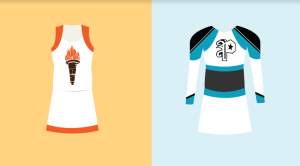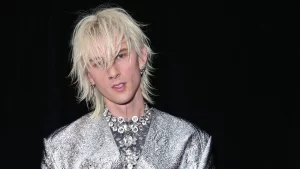Iran Divided
February 1, 2018
Following a surge of protests across the illiberal democracy that is the nation of Iran, President Hassan Rouhani, former people’s cleric and known anti-Western politician, called to his administration to relax government dictations on the freedom of lifestyle. This includes releasing blocks on the Internet, reopening a number of social media sites, and reimplementing the English language into primary schools, which was banned on Jan 8th. Rouhani stated in an interview with the state-run agency ISNA, “One cannot force one’s lifestyle on future generations. The problem is that we want two generations after us to live the way we like them to.”
Part of Rouhani’s rebuttal to the dictation was that the protesters had taken to the street for a better way of life. Part of this is social freedom, but also economic and scholastic freedom. Rouhani commented in one of his most lengthy comments in regards to the situation, “Some imagine that the people only want money and a good economy, but will someone accept a considerable amount of money per month when for instance the cyber network would be completely blocked? Is freedom and the life of the people purchasable with money? Why do some give the wrong reasons? This is an insult to the people.”
A moderate in Iran, Rouhani’s legislations often face fierce resistance to hard-line traditionalists, including his only superior, Supreme Leader Ayatollah Ali Khamenei. In his non-traditional ideas, Rouhani faces a lack of popularity in the government, likely meaning he will not be reelected in the next election, as Iran is an illiberal democracy, and thus it’s government officials do most of the voting. This isn’t helped by the fact he’s so far come up empty-handed from campaign promises to fix the economy, though more recently he has been able to respark the Irani shipping and oil markets. As such, Rouhani runs a high risk: In one of his few Iran-criticizing publicized statements, he not only called on lower-office hard liners as a disruptive force to the country, but also deliberately stated that nobody was immune to the blame, not even the Supreme Leader.






